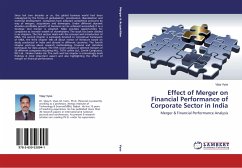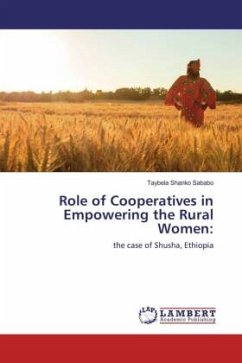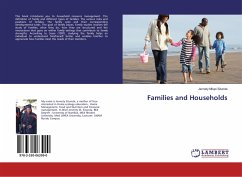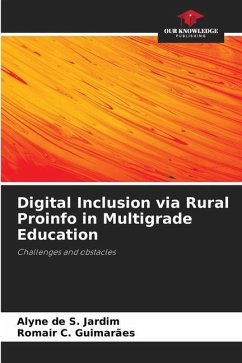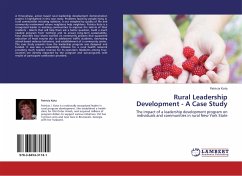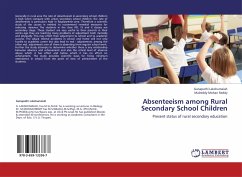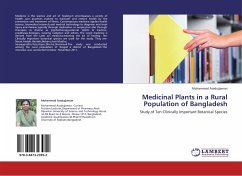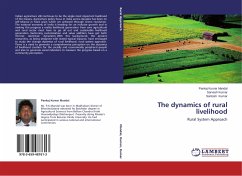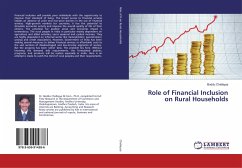
Role of Financial Inclusion on Rural Households
Versandkostenfrei!
Versandfertig in 6-10 Tagen
53,99 €
inkl. MwSt.

PAYBACK Punkte
27 °P sammeln!
Financial inclusion will provide poor individuals with the opportunity to improve their standard of living. The broad access to financial services implies an absence of price and non-price barriers in the use of financial services. High-growth markets for countries, it has the potential to stimulate economic activity and improve the overall quality of life of their citizens. The potential for positive social and economic impact is tremendous. The rural people in India in particular mostly dependent on agriculture and allied activities, earns seasonal and cyclical incomes. They are highly depen...
Financial inclusion will provide poor individuals with the opportunity to improve their standard of living. The broad access to financial services implies an absence of price and non-price barriers in the use of financial services. High-growth markets for countries, it has the potential to stimulate economic activity and improve the overall quality of life of their citizens. The potential for positive social and economic impact is tremendous. The rural people in India in particular mostly dependent on agriculture and allied activities, earns seasonal and cyclical incomes. They are highly dependent on informal sector like moneylenders; pawnbrokers; savings and credit associations. However, Government of India has been making several measures to deliver financial services at affordable costs to the vast sections of disadvantaged and low-income segments of society. But the progress has been rather slow. The problem lies here. Without knowing the demand side requirements, the formulated policies, programs, and products will be useless especially in India. Here is an attempt is made to catch the mind of rural peoples and their requirements.



